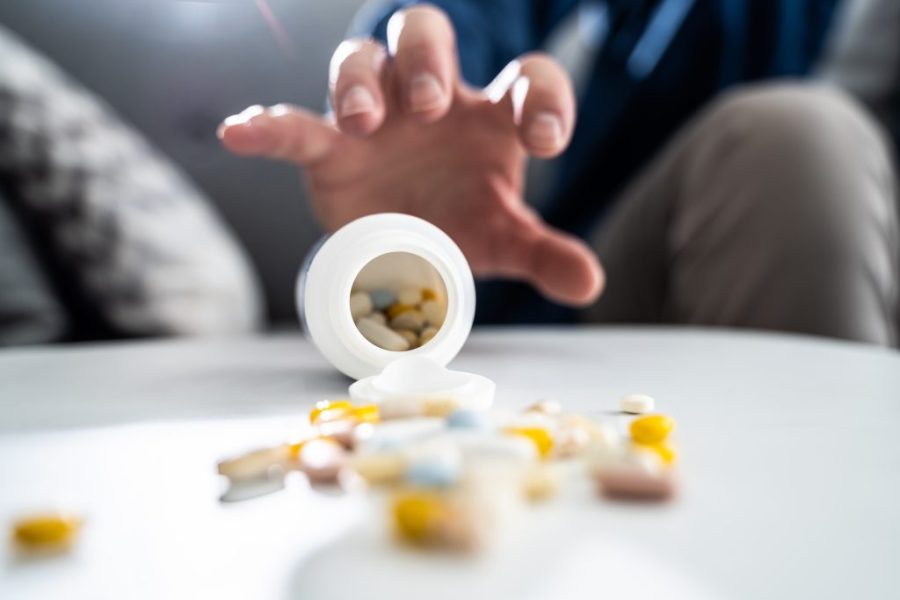
Introduction: Going through substance withdrawal can be a challenging experience both physically and emotionally. It’s important to remember that you’re not alone and that there are effective strategies to help you manage withdrawal symptoms. This guide aims to provide you with practical coping techniques to make your journey towards recovery more manageable.


Opioid,withdrawal,symptoms,and,depression.,bad,pain,medication
1. Seek Medical Guidance: Withdrawal symptoms can vary widely depending on the substance and your individual circumstances. It’s crucial to consult a healthcare professional or addiction specialist before attempting to manage withdrawal on your own. They can provide personalized advice, medication-assisted treatment, and a safe plan for detoxification.
2. Stay Hydrated and Nourished: Proper hydration and nutrition can significantly impact how your body copes with withdrawal. Aim to drink plenty of water and consume balanced meals to support your physical well-being during this time.
3. Practice Relaxation Techniques: Withdrawal symptoms can cause heightened stress and anxiety. Learning relaxation techniques such as deep breathing, meditation, and progressive muscle relaxation can help you manage these emotions effectively.
4. Engage in Physical Activity: Exercise releases endorphins, which are natural mood elevators. Engaging in light physical activities like walking, yoga, or stretching can help alleviate anxiety and improve your overall well-being.
5. Create a Support Network: Lean on friends, family, or support groups that understand your situation. Sharing your struggles and triumphs with others who’ve been through similar experiences can provide immense comfort and motivation.
6. Practice Mindfulness: Mindfulness involves staying present in the moment without judgment. It can help you manage cravings, reduce stress, and prevent feelings of overwhelm. Mindful breathing and grounding techniques are particularly helpful.
7. Distract Yourself: Find activities that engage your mind and keep you occupied. Hobbies, reading, puzzles, or creative projects can help divert your focus away from withdrawal symptoms.
8. Maintain a Sleep Routine: Sleep disturbances are common during withdrawal. Establish a consistent sleep routine by going to bed and waking up at the same times each day. Create a comfortable sleep environment and avoid caffeine and electronics before bedtime.
9. Stay Positive and Patient: Remember that withdrawal symptoms are temporary and a sign that your body is healing. Stay positive and patient with yourself as you navigate this challenging period. Celebrate even small victories along the way.
10. Avoid Triggers: Identify and avoid people, places, or situations that could trigger cravings or tempt you to relapse. Creating a supportive environment is essential for successfully managing withdrawal symptoms.
Conclusion: Coping with substance withdrawal symptoms is a significant step on your journey to recovery. By seeking medical guidance, practicing self-care, and employing coping strategies, you can navigate this challenging phase more effectively. Remember that every individual’s experience is unique, so tailor these strategies to suit your needs. With the right support and determination, you can overcome withdrawal and move towards a healthier, more fulfilling life.
The post Coping With Substance Withdrawal Symptoms appeared first on Heroes’ Mile Veterans Recovery Center.
Source
Original Author: Digital Team

